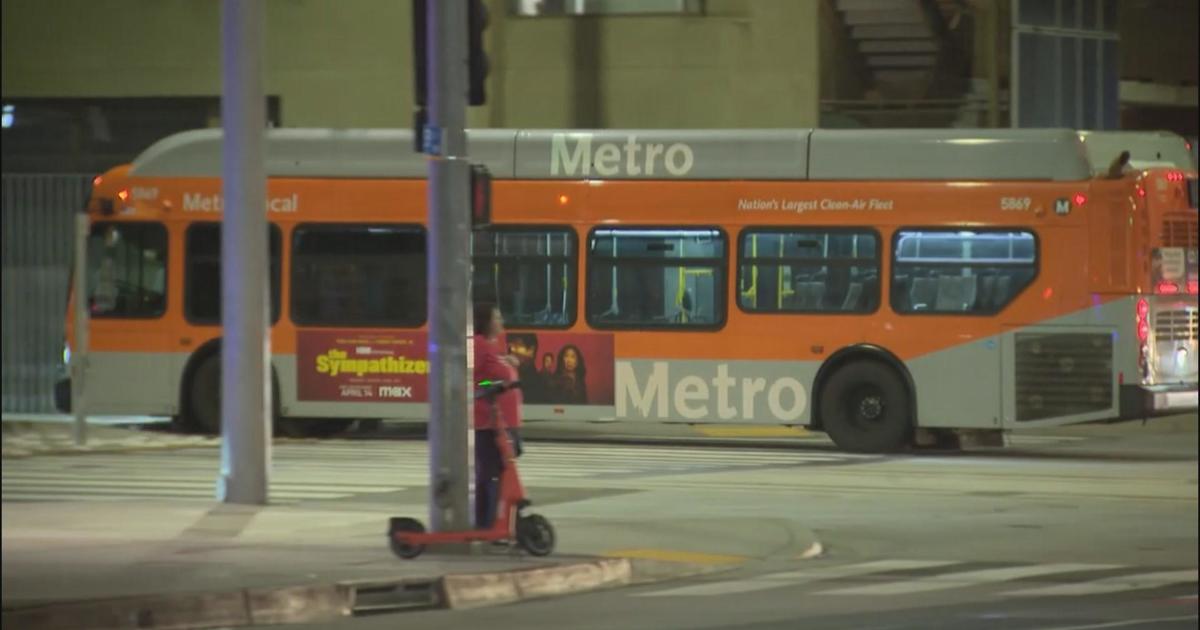NorCal City Leads Nation In 'Super-Commuters'
CBS News -- Coast to coast, Americans commute to work. But one group of commuters stands out from the rest -- and it's getting a larger: super-commuters. These are the people who spend 90 minutes or longer traveling to work, whose numbers surged nearly 30 percent between 2005 to 2016, to 4 million, according to an analysis of U.S. Census data released this week by online rental marketplace Apartment List.
Apartment List found the share of super-commuters among the total commuter population rose in 39 states and three-quarters of the largest U.S. metropolitan areas. Eight of the 10 metropolitan areas with the largest share of super-commuters are in the regions surrounding San Francisco, Los Angeles and New York, which have among the country's the highest costs of living.
"I wasn't surprised that it was high in the San Francisco Bay area or New York or in L.A. because you do hear those stories a lot. But I was surprised it was so common in so many places, especially in places that aren't that large and don't have that bad of traffic like Las Vegas or Cleveland," said Sydney Bennett, senior research associate at Apartment List. "It's a commentary both on the lack of affordable housing and the fact that many cities have very little public transportation."
Commutes are getting longer for workers overall. According to Apartment List, the share of commuters traveling 24 minutes or less to work daily fell to 55 percent in 2016 from 59 percent in 2005. The share of commuters traveling 25 minutes or more climbed from 41 percent to 45 percent during that same time.
Many super-commuters get to work through a combination of driving and public transportation. Often, they take one or more buses or trains. According to Bennett, super-commuters in regions with robust public transportation systems such as New York, San Francisco and Boston depend more on those networks than those with shorter commutes.
The mean age for a super-commuter is 43.4 years old, well above 38.4 average age for regular commuters, according to Apartment List.
"The reason super-commuters likely skew a bit older is that those looking for more space (for example, a single-family home versus an apartment with three roommates) while on a tight budget may need to live further from downtown job centers," Bennett said.
The super-commuter problem is being exacerbated, she added, because much of the new housing being built is on the periphery of cities that lack robust public transit as opposed to closer suburbs. Many units in downtown areas are geared toward the luxury market, squeezing out low-income residents.
"For these displaced residents, improved transit provides easier access to job centers and offers improved social mobility," the report says.
In the time since the Census data was released, Bennett argues that the circumstances affecting super-commuters haven't changed much. "Anecdotally," she said, "we're hearing that it's either the same or worse in the last year-and-a-half."
© 2018 CBS Interactive Inc.. All Rights Reserved.



